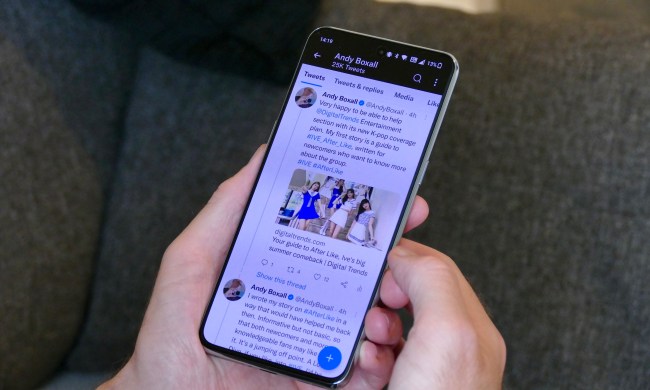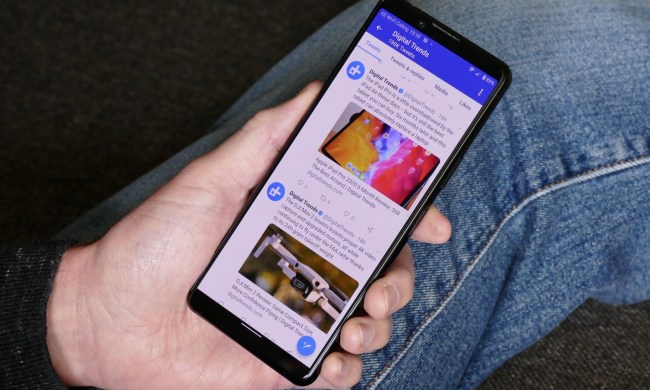
So much for maybe making some money in 2009: microblogging service Twitter has announced a deal to acquire Mixer Labs, the makers of the GeoAPI geolocation service. Twitter hopes to be able to leverage the geolocation capabilities to enhance location-aware services via Twitter, so users can get things like local news, information from nearby businesses, and keep track of nearby friends. Neither company revealed financial terms of the deal.
“When current location is added to tweets, new and valuable services emerge—everything from breaking news to finding friends can be enhanced,” wrote Twitter CEO Evan Williams in a post to the company’s blog. “As a dramatic example, twittering ‘Earthquake!1 alone is not as informative as ‘Earthquake!’ coupled with your current location.”
Mixer Labs’ GeoAPI is already being used by developers of many location-aware applications, including Twidroid, Twittelator Pro, BirdFeed, Seeesmic Web, Gowalla, FourSquare, and others.
Location-aware applications are widely viewed as the cutting edge of both social networking and Internet services, as well as mobile advertising: knowing a user’s location potentially makes it far simpler for advertisers to target users with relevant advertisements and offers for local businesses and events…and that kind of relevance is very valuable to advertisers. However, privacy advocates warn that location-aware services may raise significant privacy concerns, as they potentially enable a large group of companies to track a user’s location and movements…and that’s just the kind of information that always seems to get abused.
Mixer Labs’ employees will be moving into Twitter’s San Francisco headquarters.


